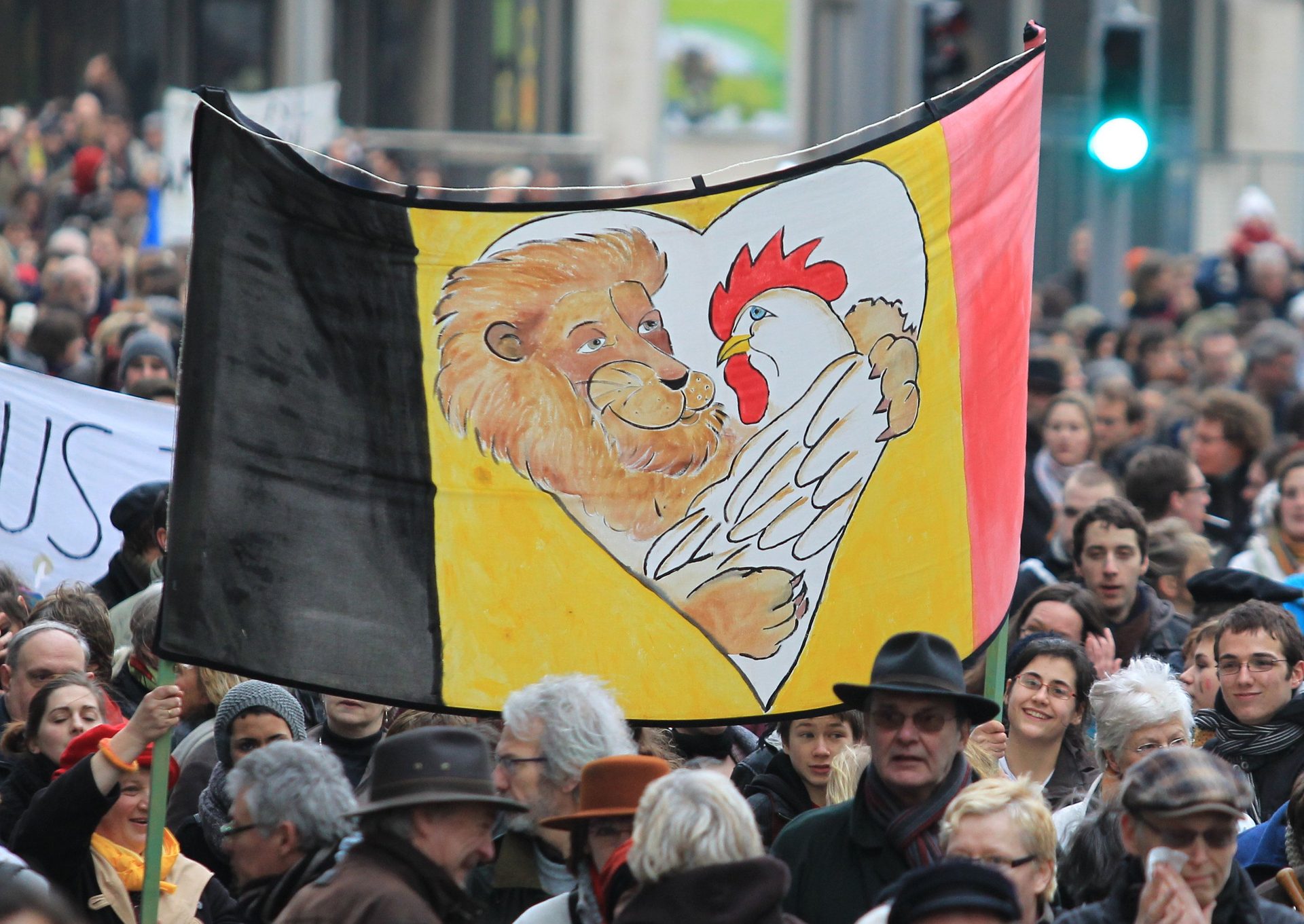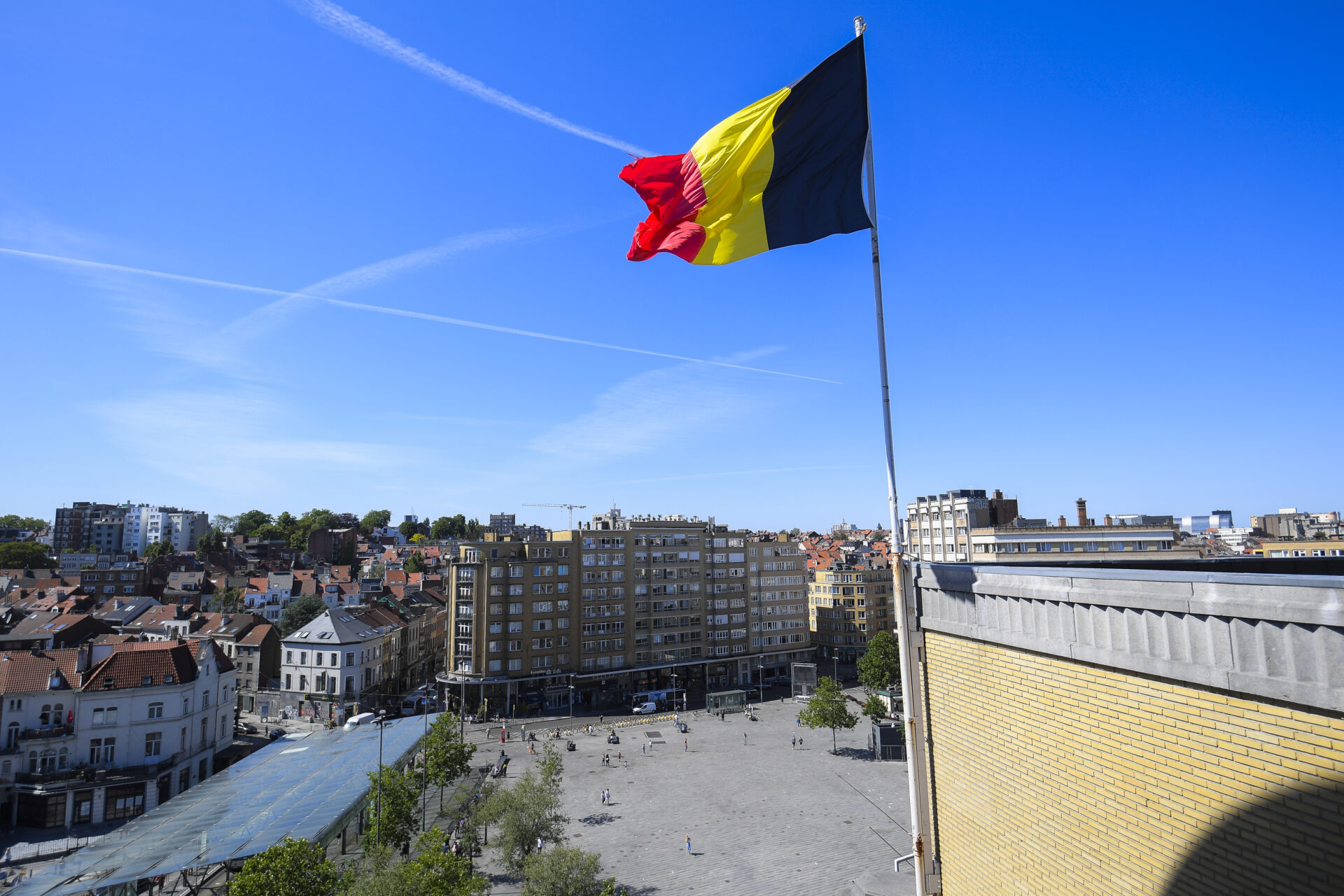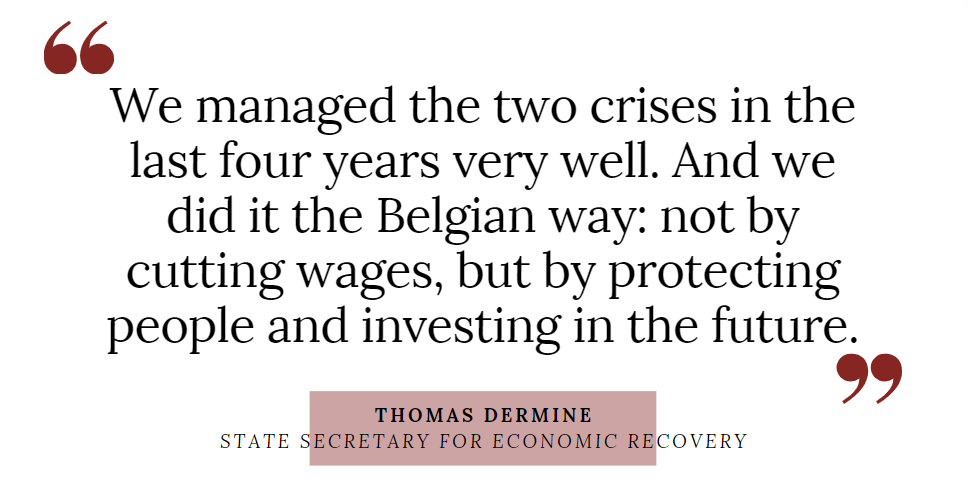Bashing the economy is something of a national sport in Belgium. With the 2024 elections around the corner, is this self-fulfilled prophecy rooted in fact, or another form of cheap political point-scoring?
On this issue, State Secretary for Economic Recovery and Strategic Investments Thomas Dermine (PS) believes that the country has achieved economic growth to be proud of – and that it should be more vocal about its achievements.
Speaking to The Brussels Times, Dermine pointed out that even during the Covid-19 pandemic and the energy crisis, Belgium was one of the best countries in the European Union at protecting the purchasing power of its working population.
"With both liberals and socialists in the same coalition, Belgium has quite a diverse Federal Government. But if you look at the data of the country's economy and job markets, it is quite amazing how well Belgium is performing," he stressed.
While there is still a way to go on the employment rates, Dermine pointed out that they are going up at an unprecedented speed and that there have never before been so few unemployed people in Belgium.
"The thing is, there is not enough cohesion in the Federal Government for us to collectively tell the story that we have done a good job over the past years on the social-economic dimension of our policies," the Socialist Party MP said. "But honestly, we have a good record to defend."
The Belgian way
Comparing the current situation to four years ago, before the current government took office, "we have plenty of things to be proud of," Dermine underlined. "The economy is doing well, the job market is going up, we are among the EU countries that have been the most efficient at protecting citizens' purchasing power throughout both the Covid-19 crisis and the inflation crisis with its skyrocketing energy prices."
"So yes, we can be proud of what we achieved, and we should say it more often," he said. "We managed the two crises in the last four years very well; we were the ones in Europe protecting the population the most."
On top of that, the Federal Government has managed a number of reforms inspiring job market growth while avoiding situations such as in France, which saw people taking to the streets and going on (violent) strikes in response to the country's pensions reform, for example.
"We did it the Belgian way: not by cutting wages, but by protecting people and investing in the future," Dermine said.

State Secretary Thomas Dermine. Credit: Belga/Nicolas Maeterlinck
In 2023, the Belgian economy grew by 1.5% – meaning the country's economic growth was three times higher than that of the Eurozone (0.5%), the National Bank of Belgium announced last week. This growth, Dermine underlined, is all thanks to the country's automatic – and often controversial – wage indexation.
Belgium is one of the only Eurozone countries in which wages are automatically indexed to inflation. This system has been heavily criticised by employers as well as the Organisation for Economic Co-operation and Development (OECD), which last year ironically reported that the country's system of wage indexations poses one of the "main risks" to its economic outlook.
Now, however, Dermine cites the automatic indexation as one of the reasons for Belgium's economic growth.
"Belgium is one of the few EU countries that has maintained this system, and it has proven very efficient in ensuring that working people's purchasing power matches inflation," Dermine said, explaining that it has also made wage negotiations between unions and employers much more efficient: "There is no need – it's automatic."
Tweet: 'Wage indexation will kill the Belgian economy' followed by an article showing that Belgium's economic growth is three times higher than the Eurozone average.
Dermine acknowledged the debate about whether automatic indexation hurts competitiveness and growth, as it indeed means that labour costs increase faster in Belgium than in its neighbouring countries – which could then lead to companies bypassing Belgium in favour of its (less costly) neighbours.
"But what we observe is that the gap in labour costs is only a temporary one: other countries will catch up on the wage levels," he said. "But it will be as a result of complex negotiations between the unions and the companies – which, again, happen in a very predictable manner in Belgium, as it is automatic. I am a big fan."
In most Western economies, growth is above all driven by internal demand. Thanks to the wage indexation, this internal demand and the demand for domestic goods and services are also fuelled; they are a big factor in Belgium's economy.
"That is exactly what I found funny in the publication of the National Bank. It shows that GDP growth is higher in Belgium than the average of the Eurozone, and also that the biggest driver behind this economic growth is strong internal demand fuelled by wages of the working population," Dermine said.
Over the last 20-30 years, liberal economists have said that we need to increase competitiveness and put pressure on people's wages to feed high economic growth, he explained. "But looking at the Belgian case, you realise that increasing wages is also a way to fuel economic growth. And if people in your economy grow poorer and poorer, they will not fuel consumption."
The political narrative against Wallonia
Ahead of the elections in June, the fact that the Belgian economy is performing so well also shines a different light on Flemish nationalist N-VA's campaign slogan: For Flemish prosperity, Dermine pointed out.
"N-VA is right on one thing: there are large differences in employment rates in the south and the north of the country. But Flemish prosperity is the basic narrative that they have been pushing for the past 20 years: even though employment rates are going up in Wallonia, they are not going up fast enough."

A large Belgian flag with the Flemish lion and the Walloon rooster embracing each other. Credit: Belga / Julien Warnand
While the differences across regions in Belgium are indeed big, they are "absolutely not exceptional" when comparing them to the situation in regions with different histories and geographical assets in the Netherlands or France, he underlined.
"In the Netherlands, the differences between Rotterdam and Friesland are bigger than those between Flanders and Wallonia. The same goes for the differences between Île-de-France and Paris' peripheral regions, for example," he said.
"So yes, we have high heterogeneity between regions, and yes, we need to work in Wallonia to boost economic growth and job market development," Dermine stressed. "But this N-VA campaign is not only about the economy; it is a political narrative against Wallonia."


